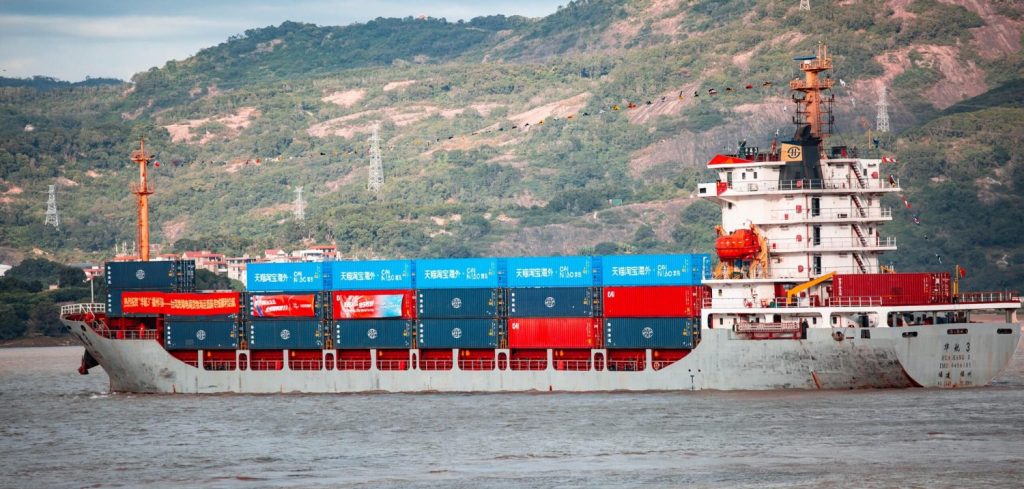Cainiao Smart Logistics Network, the logistics arm of the Chinese Alibaba Group, has announced the launch of a container booking service for air and sea freight spanning over 200 ports in 50 countries.
According to the company, the service encompasses the booking of containers and the end-to-end logistics management of the line-haul process. It notes that while a global container shortage has increased shipping costs, it is now able to offer a cross-border port-to-port shipping fee which is 30-40% lower than the average market rate.
Container bookings can be confirmed in as little as two business days after an order is placed by the merchant, versus the industry average of one week to a month. If a merchant’s cargo misses the departure time after booking due to Cainiao or its partner, the merchant is entitled to compensation.
“In the face of the current global container shortage and surging shipping prices, Cainiao is committed to leveraging our technology and logistics ecosystem to provide a one-stop port-to-port shipping solution for exporters and importers. By working closely with airlines and cargo companies, we aim to safeguard the entire cross-border line-haul network and instill greater stability into sea and air freight shipping” explained James Zhao, general manager of Cainiao Global Supply Chain.
Worldwide, approximately 60% of goods are shipped by container via 180 million containers. Recently, a surge in demand for shipping containers in China, coupled with delays in containers returning to China due to the pandemic, has resulted in a severe container shortage and soaring freight rates. Merchants dealing with exports outside of China are also affected as container ships rush back to China without waiting for cargo space to be fully utilized, in order to cater to the huge demand from Chinese exporters.
Data from the China Container Industry Association (CCIA) also revealed that average container turnaround times have increased to 100 days from 60 days due to capacity cuts in Europe and the USA, where ports are struggling with a lack of workforce and infrastructure to handle the surging inbound goods, which in turn delays the return of empty containers and further exacerbates the shortage.


